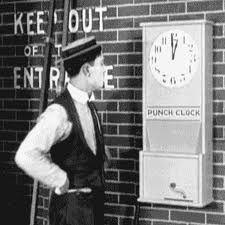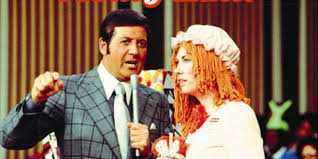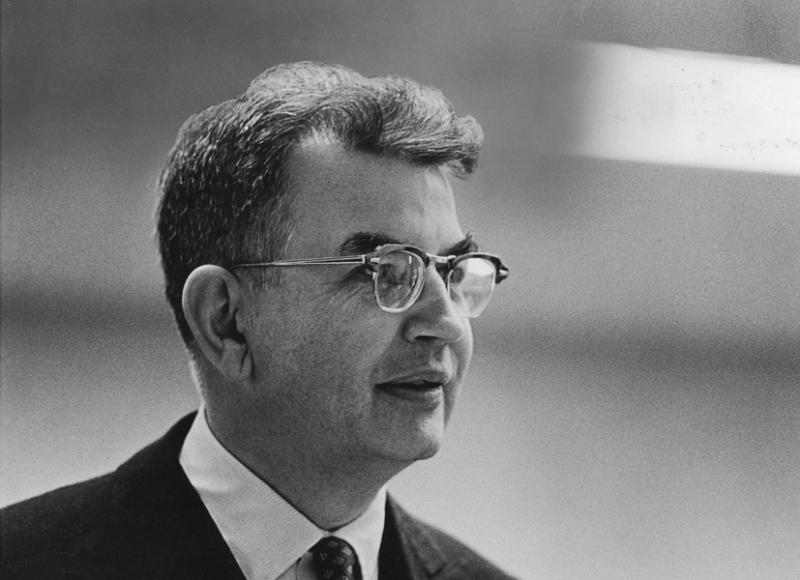The US trade deficit was $38.8 billion in August, virtually unchanged from July and has been hovering around $40 billion/month since early 2010. Before the Great Recession, it was about $60 billion/month. The difference, oil imports are down about $20 billion/month due to rising domestic production. Our deficit with China was $29.9 billion last month. Excluding China and oil, we have a surplus of about $10 billion/month with everyone else.
Tag Archives: eisenberg and graphsandlaughs
Insanity Defined
After reducing Q4 GDP by 0.5% or $20 billion and achieving no meaningful policy changes by forcing a government shutdown, Congress now promises to reward us with potentially more of the same in early Q1 2014! While this will hurt consumer confidence and slow our recovery, it’s a boon for bond investors and emerging markets because with the Fed not tapering till 2014, interest rates will stay where they are.
Damn Drugs
The Friday File: Use of performance enhancing drugs is rampant despite the fact that there are tests and getting caught often results in huge penalties. The reason, inspectors don’t take testing seriously. Otherwise, they would catch to many athletes, sponsors would quit and fans would bail (think cycling). By testing half-heartedly, you get the best of everything; great athletics, large sponsors, happy fans, new all-time records and plausible deniability.
Presidential Path
With the debt ceiling fast approaching, President Obama is caught between borrowing no more than Congress will allow him, or paying what Congress has instructed him to do, but not both. Either way, he breaks the law. Given the huge economic consequences of not paying our bills, President Obama must breach the debt ceiling. Should Congress take him to court over this, the judge would side with Obama.
Petroleum Pricing
In a sign domestic oil prices are expected to fall in the future, the price of futures contracts on West Texas Intermediate oil are cheaper the further into the future the settlement date. Futures prices are usually higher than current prices because futures prices must include storage, carrying costs and more. Reasons for this inversion include more US production, fewer anticipated pipeline bottlenecks, reduced geopolitical risk and lower seasonal demand.
Loathsome Lawmakers
After excluding 590,000 postal employees and 1.4 million active military personnel, that leaves 2.15 million civilian non-defense federal workers. Should the government close, 40% of them, or 860,000, would stay home as they are non-essential. A one month shutdown would probably knock 1% off GDP and a two month shutdown would probably put us back into a recession. This is the case even if furloughed workers ultimately get retroactive pay.
Political Pay
The Friday File: To focus Congress on GDP growth, give members incentive pay. Pay them a base of $60,000 (median income) and incentive pay that rises with GDP. No bonus is paid until GDP growth hits 2%. Between 2%-3% they get a 30% bonus, from 3%-4% a 75% bonus, from 4%-5% a 200% bonus and from 5%-6% a 400% bonus. These incentives should see economic growth trump party purity.
Lots of Labor
The best news from the August employment report was that private payroll hours jumped 0.3%. While that seems small, had employers kept hours worked unchanged and hired more workers to do the added work, payrolls would have risen by 572,000 not 172,000. Moreover, average manufacturing worker overtime is 4.4 hours/week. The last time it was this high the unemployment rate was 5.2%, now it’s 7.3%. Employers must eventually hire.
Let’s Make a Deal
The Friday File: Imagine having to choose one of three lotto tickets, two of which are worthless and one of which is valuable. Now suppose one of the two tickets not chosen is removed since the host knows it’s worthless. With two tickets left, what’s your best approach? Staying with the original or exchanging it for the other? Turns out selecting the other is optimal. It’s the Monty Hall Paradox.
A Dose of Coase
Ron Coase, winner of the 1991 Nobel Prize in economics, died yesterday at 102. He was best known for his research into transaction costs and how it influences firm size, and the observation that a lack of property rights increases regulation. He argued that if transaction costs are low and property rights well defined, private agents can achieve optimal outcomes absent regulation, and thus designing such systems should be encouraged.









